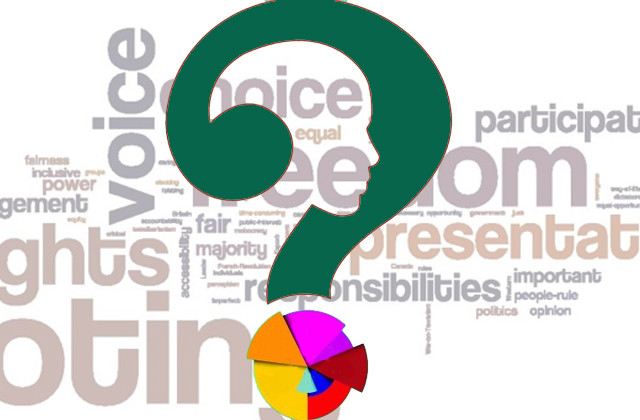Afghan political impasse poses risks for the future
As the crisis prolongs, jihadist leaders encourage candidates to end deadlock.

The country’s election commission is set to announce the results of the June presidential election run-off within days. However, the presidential candidates – Dr Ashraf Ghani Ahmadzai and Dr Abdullah Abdullah – have failed to reach a power-sharing agreement.
In July, both candidates had called for an election audit and agreed to form a national unity government.
However, the UN – which supervised the audit of nearly eight million votes – appears to be disconcerted by the prolonged political crisis and has warned it could have negative implications.
Through a video conference on Thursday, Ján Kubiš, the head of the UN Assistance Mission in Afghanistan (UNAMA), told Security Council members that the current political deadlock is deepening a crisis which has already taken a heavy political, security and economic toll on the country.
Kubiš said that if there is no agreement by the time the results are released, new dynamics will set in play and could trigger further risks of uncertainty and conflict.
“The time remaining is now short – and by this I mean one or two days,” he said, according to a statement issued by UNAMA in Kabul.
In a bid to find a solution to the matter, top jihadist leaders met both candidates at the Presidential Palace on Friday. The meeting was presided over by Afghan President Hamid Karzai and participants said significant progress had been made in talks between both presidential candidates. Furthermore, they urged Abdullah and Ghani to make details of their agreement available to the public.
Sticking points
There was, however, no formal announcement of any agreement by either side, casting doubts on the success of the move. The two candidates also met a day earlier at the US embassy in Kabul and held talks in a “friendly atmosphere”, spokespersons for both sides said on Friday.
Abdullah’s spokesperson, Fazlur Rehman Orya, told the US-funded Azadi Radio that the meeting was largely positive, even though both candidates had differing opinions on the announcement of the results. Abdullah’s team expects a solution that will suit its agenda. In an interview with The Express Tribune last week, Orya said the results would not be accepted until “fake votes are separated from the genuine votes”.
Analysts from Afghanistan believe both candidates have not been able to set aside differences over the power-sharing agreement. Some believe Dr Abdullah desire the position of chief executive, five important ministries and some provincial governors. However, Orya has dispelled these impressions and insists the team’s main concern is to eliminate “bogus votes”.
Talking points
As the political crisis prolongs, the US has continued its efforts to push for a quick solution. It wants to dispel instability and preserve whatever it has achieved over the last 13 years.
Meanwhile, a section of the Afghan media reported that John Kerry has, once again, spoken to Abdullah to resolve the deadlock. US Special Representative for Afghanistan and Pakistan Dan Feldman also met President Karzai this week to discuss the standoff.
Karzai, the longest-serving elected Afghan president, sought the US envoy’s help to end the deadlock. He insisted that the US has been engaged in the process from the outset and should make a concerted effort to ensure its success. Moreover, the process had been prolonged and the people of Afghanistan were waiting impatiently for a new president to seize the reins, he added.
The stalemate has forced Karzai to postpone the transfer of power to his successor in what would be the first- ever democratic transition in Afghanistan.
On the pending tray
America’s concerns over Afghanistan’s poll crisis have deepened, especially after its bid to sign a controversial security pact to permit some US troops to stay longer has been further delayed.
Washington wanted Karzai to ratify the Bilateral Security Pact (BSA) last year. However, Karzai refused because the US had not responded positively to his conditions to boost peace efforts with the Taliban and stopping raids on Afghan homes.
The US has now attached hopes to the new Afghan leader ratifying the BSA. Both presidential candidates have implied that they are interested in signing the pact.
The UN, US and even Pakistan want a final agreement on the composition of the national unity government. They have insisted on these details being announced prior to the declaration of the results to avoid any further chaos.
The Express Tribune has learnt that during Kubiš’ visit to Islamabad, senior Pakistani officials pledged that Pakistan would work with the new government and hoped both candidates would reach an agreement before the final results are announced.
Published in The Express Tribune, September 20th, 2014.



















COMMENTS
Comments are moderated and generally will be posted if they are on-topic and not abusive.
For more information, please see our Comments FAQ